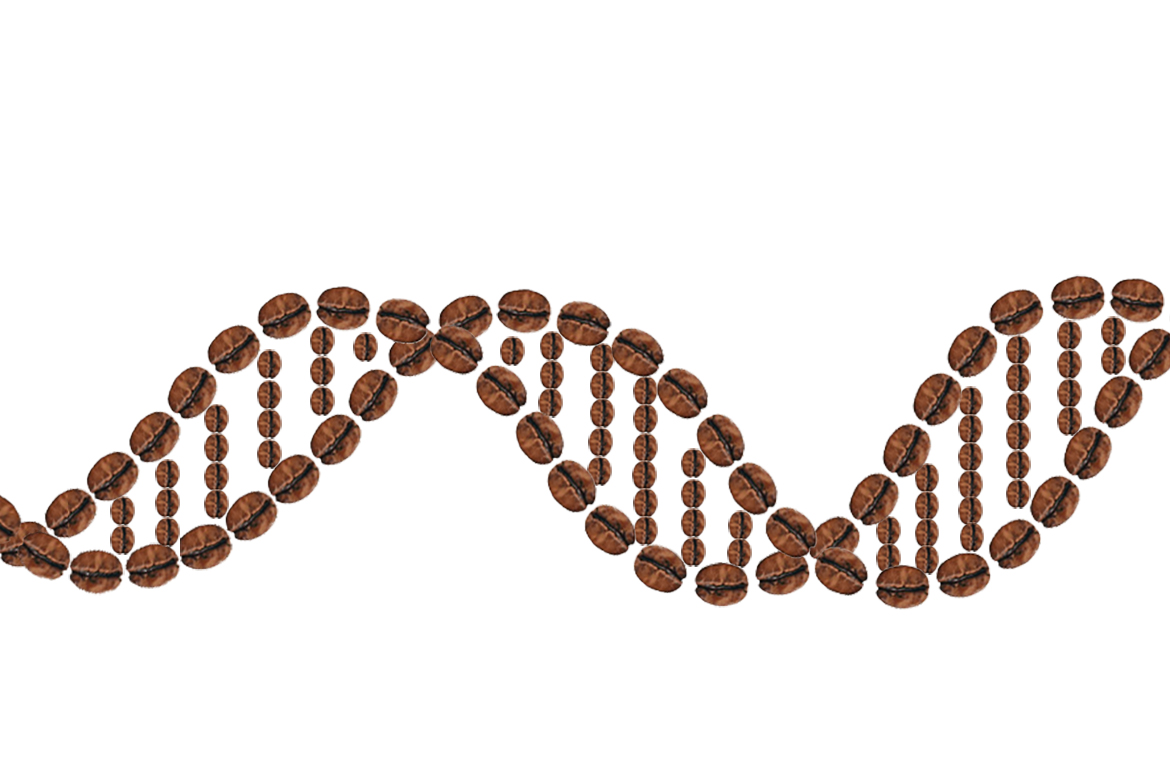Coffee has been the focal point of A LOT of scientific research over the past decade or so, seeking to solve once and for all if it is a healthful beverage. But most all the research has suffered from one major drawback: it relies on self-reported coffee consumption. Even something as everyday as coffee can get misreported (what even constitutes one cup of coffee anyway?) or misremembered, undercutting the veracity of the findings. (Observational findings are a good start, but science wants to establish causal relations.)
But a new study may just revolutionize coffee research. Scientists from the Leibniz Institute for Food Systems Biology at the Technical University of Munich believe they have uncovered a biomarker that can accurately depict a subject’s coffee intake.
As reported by Phys.org, the findings were published in the January edition of the journal Beverages. For the study, researchers sought a suitable biomarker for coffee consumption and focused on N-methylpyridinium. The compound was first suggested as a viable biomarker back in 2011, and now, there is research to back it up.
Per Phys.org, researchers analyzed urine, blood, and plasma samples from over 460 individuals and found N-methylpyridinium to be an ideal biomarker. Most notably, it “is specific to roasted Arabica and Robusta coffee,” meaning if it appears in a panel test, the person had to have consumed coffee; there is no other food or drink or drug etc. that would cause the appears of N-methylpyridinium.
It is abundant in green coffee and when roasted can have concentrations between .5 and 2mg/g; the decaffeination process has no effect on N-methylpyridinium levels in a coffee. The compound is chemically stable and “concentration-dependent,” meaning the more you drink coffee, the more it is present in your system. And N-methylpyridinium can be “easily and reproducibly detected in various body fluids after coffee consumption, before leaving the body unchanged in the urine within a few hours to days.”
The findings could present a huge breakthrough in researching the healthfulness of coffee. Instead of relying upon self-reporting or trying to discern whether the effects are due to caffeine consumption or some other aspect of coffee, this study allows for a reliable, easily-repeatable way to confirm that a participant drank coffee and in what amount. I’ll drink to that (and have it accurately depicted in a blood panel).
Zac Cadwalader is the managing editor at Sprudge Media Network and a staff writer based in Dallas. Read more Zac Cadwalader on Sprudge.

























